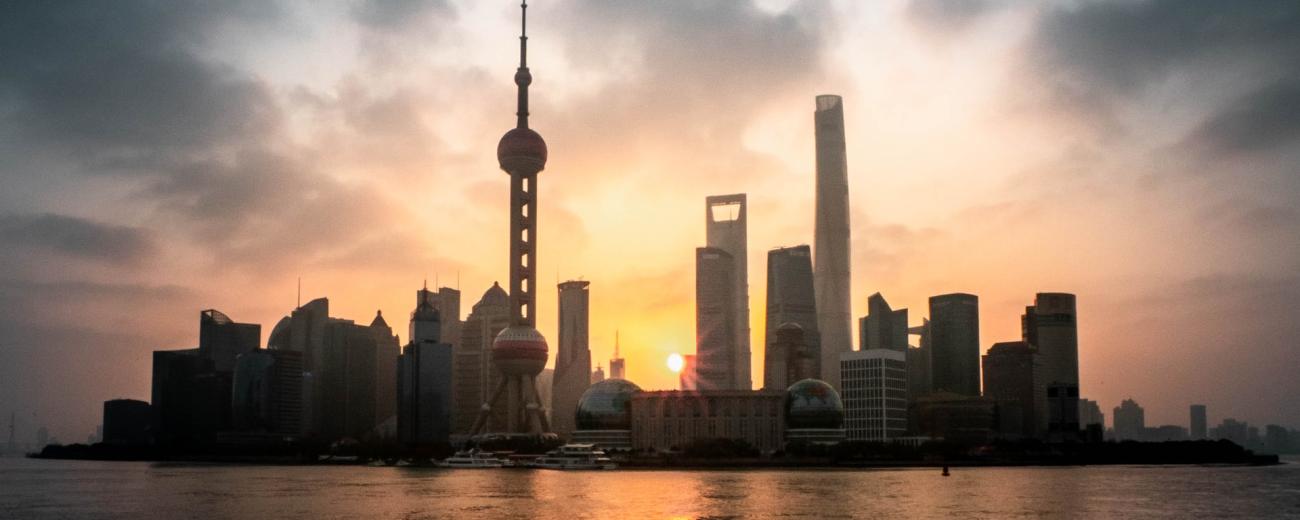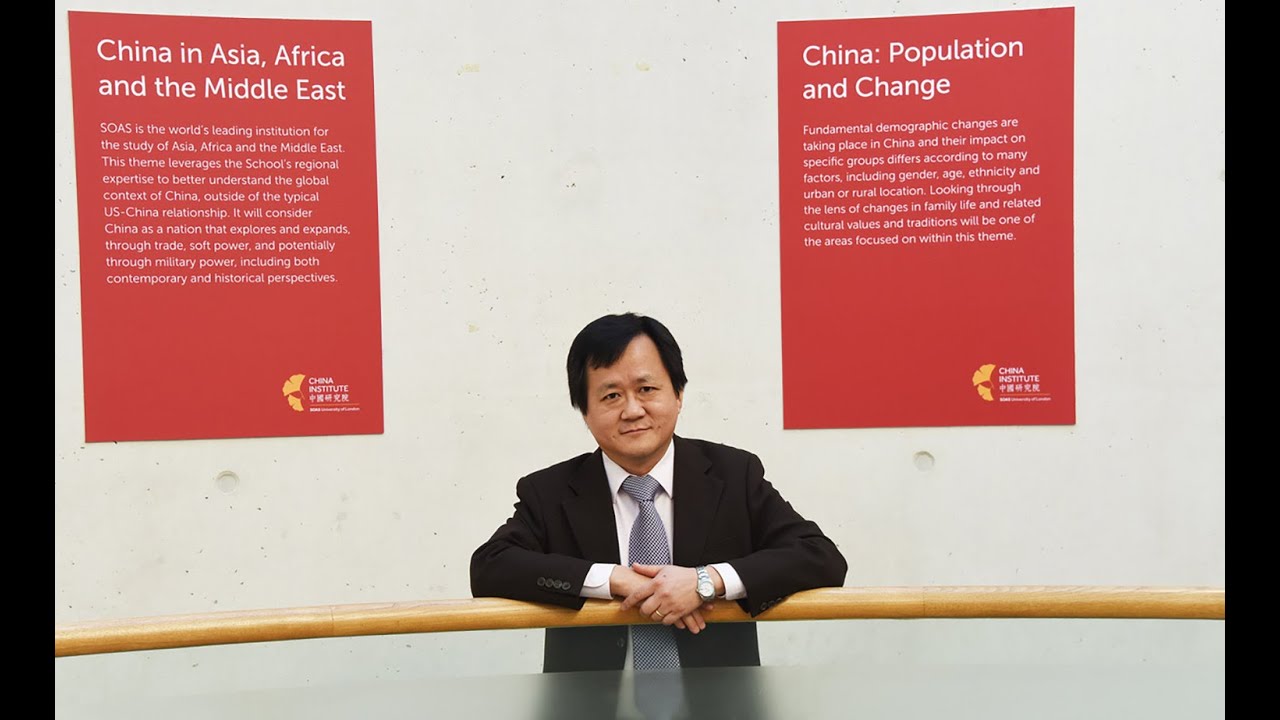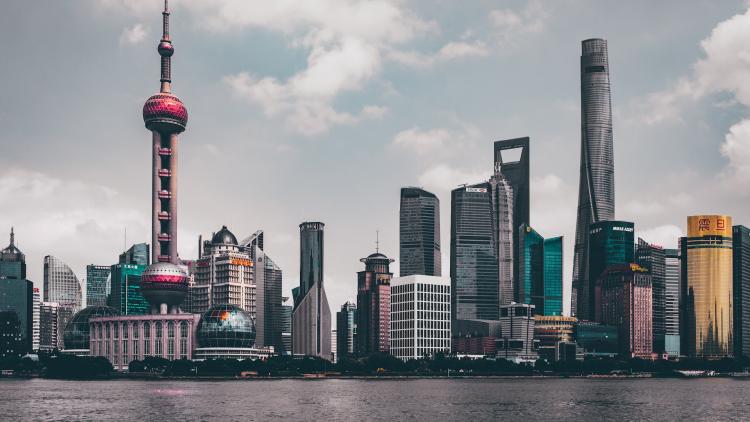Engaging with China: Informing governments, shaping business, enhancing media portrayal


Research by the Director of SOAS’s China Institute, Steve Tsang, has increased the knowledge of governments across the world as they shaped their China strategy, informed decision-making and strategic thinking among multinationals working in China, and has also ensured accurate and rigorous representations of Chinese politics and history in the media.
China is reshaping the world and challenging the traditional European and North American dominance in global politics, commerce, culture and international norm. To address this challenge, policy makers, business leaders and media workers require a nuanced understanding of China’s approach to the outside world. However, conventional theories on international relations – based mostly on the experience of Western states – are insufficient. As a Leninist party-state, China does not define national interest as most states do and its behaviour often diverges from mainstream theories of international relations.
Tsang’s research has addressed a major gap in understanding what drives China’s foreign policy, in particular highlighting the concept of ‘consultative Leninism’, which Tsang had formulated at the University of Oxford. At SOAS, Tsang adapted this concept to develop a new analytical framework to explain China’s approach to foreign and security policies. Described as ‘party-state realism’ it suggests that the ‘consultative Leninist’ system puts the interests of the Communist Party at the core of China’s national interest. This framework explains the unconventional nature of Chinese diplomacy, as well as the Chinese government’s approach towards Hong Kong and Taiwan.
Tsang’s research into the nature of Chinese foreign policy has supported British, Canadian, New Zealand and Taiwanese policy makers as well as multinational corporations, raising their awareness of China’s motivations and understanding of its diplomatic approaches.
Tsang also contributed to the making of major documentaries, advising producers for Channel 4’s Britain’s Forgotten Army, which unveiled the largely forgotten history of the contribution made by the Chinese Labour Corps in the British Army during the First World War; the BBC’s ‘I Was There’ ; the 3-part BBC Radio 4 current affairs programme ‘China and the World’; and Al Jazeera’s current affairs documentary ‘The Big Picture: The China Complex’. As well as these, Tsang contributed to the making of the 3-part BBC current affairs documentary ‘China: A New World Order’, and to the programme on Hong Kong for the Audible (Amazon) podcast ‘We Need to Talk About The British Empire’.



